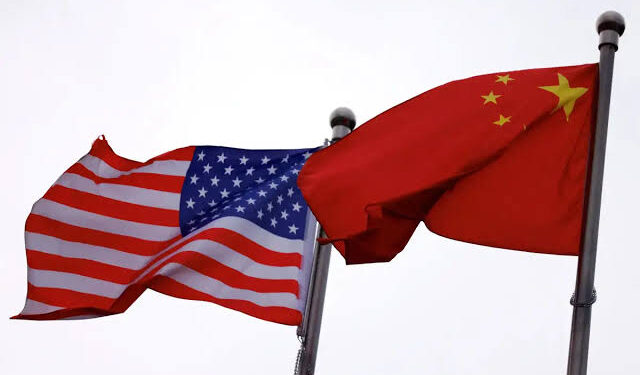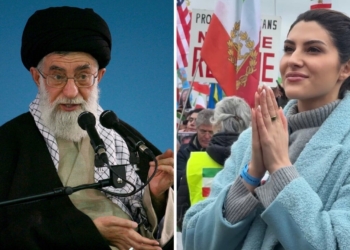China has lodged a strong protest against the Trump administration’s sweeping decision to revoke all student visas held by Chinese nationals in the United States, calling the move “politically motivated, discriminatory, and unreasonable.”
Reacting sharply to the visa cancellations, Chinese foreign ministry spokesperson Mao Ning said on Thursday,
“The US has unreasonably cancelled Chinese students’ visas under the pretext of ideology and national rights. This exposes the hollowness of the freedom and openness the US claims to champion.”
US Secretary of State Marco Rubio confirmed via a post on X (formerly Twitter) that the visas of all Chinese students—especially those with links to the Chinese Communist Party (CCP) or studying in strategic fields—have been revoked.
“America must protect itself from the infiltration of hostile ideological actors and academic espionage. This is a national security decision,” Rubio stated.
The ban reportedly also extends to students from Hong Kong, prompting Beijing to label the action as a direct blow to academic cooperation and global mobility.
According to 2024 data from the US State Department, Chinese students accounted for over 277,000 of the 1.1 million international students in the US—second only to India, with around 331,000.
The visa cancellations come at a time when Chinese students dominate enrollment in fields like engineering, artificial intelligence, and biotechnology—disciplines that US intelligence agencies have flagged for potential security risks.
Mao Ning warned that such steps would not only harm bilateral relations, but also damage the international credibility of the US.
“This political and discriminatory action will only further damage the US’ international image and credibility,” Mao said.
Beijing urged Washington to “do more to foster healthy development of China-US relations” instead of sowing division.
Under President Donald Trump’s second term, the administration has intensified its crackdown on foreign students. Key measures include:
-
Visa cancellations for students skipping classes or dropping courses
-
Suspension of in-person visa interviews at embassies worldwide
-
Heavier reliance on online activity and social media checks for visa approval
These steps align with Trump’s broader “America First” national security doctrine, which seeks to curb what the administration labels as “foreign influence operations” on US soil.
The move is expected to strain academic institutions, research collaborations, and US-China cultural ties. Universities that depend heavily on tuition from international students may face financial and reputational setbacks.
Analysts warn the visa ban could trigger reciprocal restrictions from Beijing and potentially lead to a new era of academic decoupling between the two largest economies in the world.





























